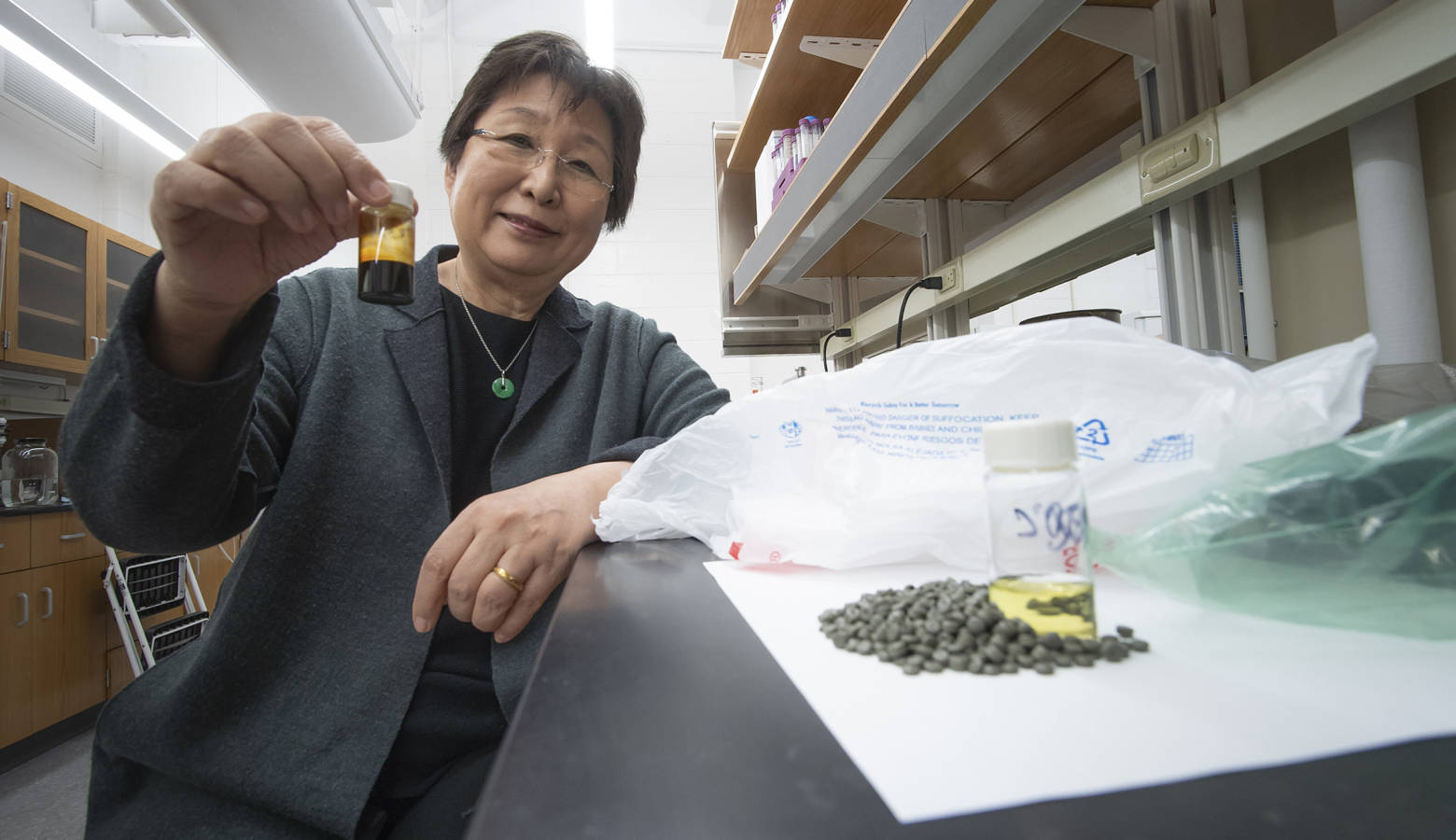Purdue Technology Turns Plastics Into Diesel, Gasoline

Researchers at Purdue University may have found a way to turn plastic bags, milk jugs, and food containers into fuel.
The technology uses supercritical water — water under high pressure at a high temperature — to dissolve the plastics so they break apart into oils. After that the oils can be distilled into diesel and gasoline.
Linda Wang, a professor in Purdue’s School of Chemical Engineering, is leading the research team. She says she was inspired to create this technology after hearing about how plastic is crowding the world’s oceans, harming fish and other aquatic life.
“This is a disaster for the ecosystem and our food supply and eventually human health,” Wang says.
According to the Purdue team’s report, only about 9 percent of the world’s plastic gets recycled.
“If we can turn plastic waste into something useful like a fuel, this may motivate the public not to throw the plastic waste into the trash,” Wang says.
For the technology to work best, Wang says consumers would have to better sort plastics number two, four, and five.
She says if we converted the amount of those plastics produced every year into fuel, it would only satisfy 4 percent of the global demand for diesel and gas. Still, Wang says that could have a huge impact on the environment.
Wang says the team is looking for funding to make this technology on a larger scale so they can better demonstrate how it works to investors.
Indiana Environmental reporting is supported by the Environmental Resilience Institute, an Indiana University Grand Challenge project developing Indiana-specific projections and informed responses to problems of environmental change.
